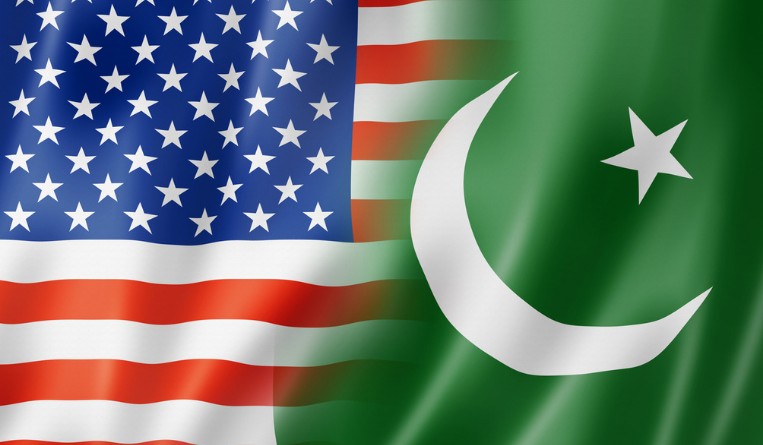US Ambassador to Pakistan vows to strengthen IP protection, digital economy
04 January 2022

Intellectual property protection and digital economy regulations are two areas which United States Ambassador to Pakistan Donald Armin Blome vowed to work on going forward as he proceeds to enhance US - Pakistan ties.
He said the two countries aim to promote how US commercial interests play a part in Pakistan’s economic advancement.
Blome, a former foreign service diplomat and political counsellor at the US Embassy in Kabul, expressed his plans during his confirmation hearing at the US Senate Foreign Relations Committee on Capitol Hill in December 2021. Blome was appointed by US President Joe Biden in October 2021.
The year 2021 saw Pakistan making important strides in the IP arena. The country acceded to the Madrid Protocol on February 24, 2021 and then established a legal framework for the protection of geographical indications, among others.

According to Sana Shaikh Fikree, senior associate at Vellani & Vellani in Karachi, a lot more has to be done.
One of these is amending the Trade Marks Ordinance 2001 to include provisions for the protection of trademarks through international registration under the Madrid Protocol.
Pakistan’s copyright and patent laws should be amended as well to accommodate new technologies, particularly those in relation to AI.
“Current patent laws lack provisions with regard to patentability of algorithms, computational and mathematical methods. The current copyright law recognizes software and codes as literary works but lacks provisions to protect ideas and inventive concepts unless the same have bene translated into some form of expression,” explained Fikree.
With regard to specialized IP tribunals, Fikree added that presiding officers should be provided with proper training to make them well-versed on Pakistan’s IP laws.
The country has likewise gained significant headway as far as regulations for its digital economy are concerned. It established its Digital Pakistan policy in 2018 and launched Digital Pakistan Vision in 2019, the latter designed to strengthen the country’s digital infrastructure and improve connectivity.
Still, a lot of work is needed, according to Fikree.
“While the government’s digital policies seem promising, a lot needs to be done to address regulatory concerns, particularly in relation to data privacy cybersecurity. It will be critical for the government to draw up comprehensive e-commerce framework and policy guidelines to regulate online trade facilitation, online dispute resolution and consumer protection. Steps should be taken to promote acceptability of digital signatures to augment data security and authentication,” she said.
Blome also stated he aims to build better mutual and bilateral relationships between Pakistan and India, two warring sides at the Line of Control military control line in Kashmir which serves as the border between the countries. In February 2021, the countries agreed to an indefinite ceasefire – a positive development which continues to be sustained. Blome told the US Senate Foreign Relations Committee the continued stoppage of firing between the warring sides is encouraging.
IP matters may well be part of this improved mutual and bilateral partnership between India and Pakistan. For Fikree, this would be beneficial for the two countries.
“I believe both countries could benefit from the exchange of best IP practices and experiences, particularly in relation to efficient examination of applications for patents, trademarks, copyrights, geographical indications and industrial designs and effective disposal of contentious matters,” said Fikree. “Steps could be taken to share technical knowledge and expertise pertaining to IP by the IP experts of both countries with the view to formulate uniform IP frameworks, particularly in relation to the enforcement of IP rights and to discover coherent solutions to the common IP issues prevalent in both countries.”
Espie Angelica A. de Leon






